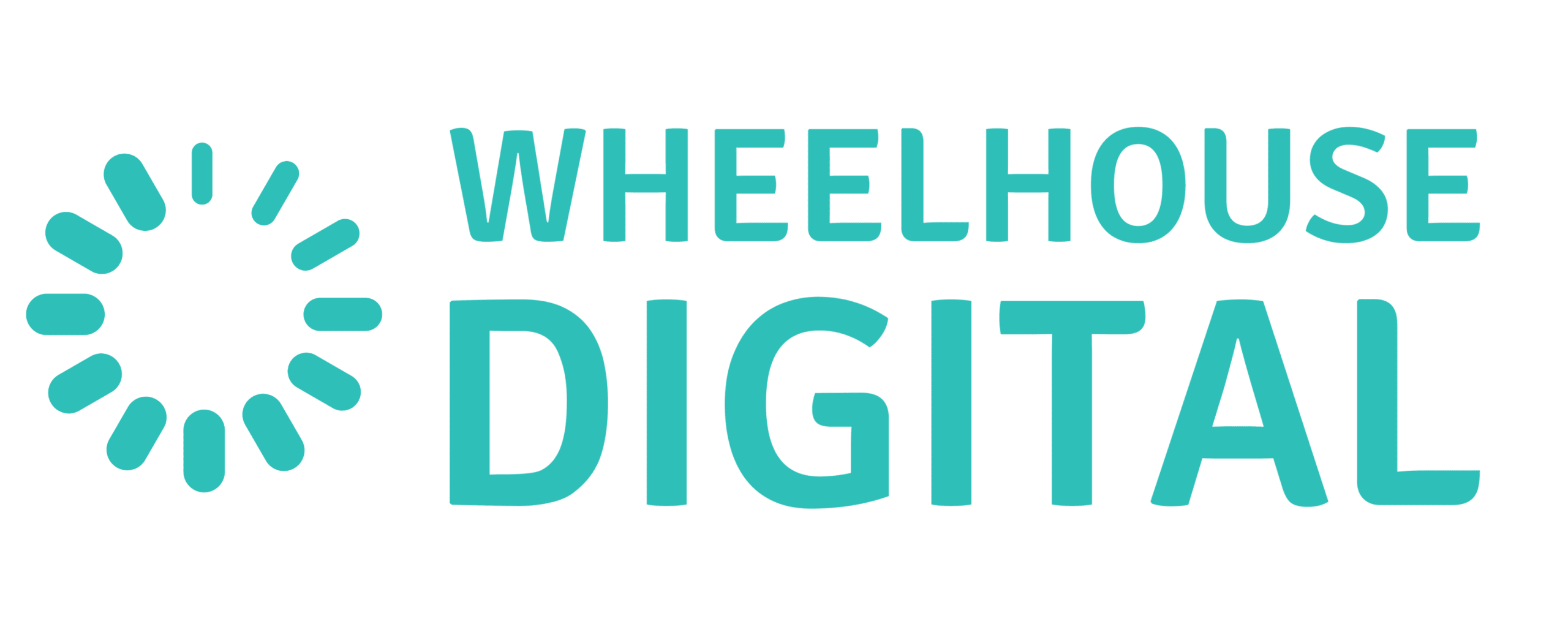The Facebook Era
For more than a decade, Facebook has been a central player in the social media universe. It’s not just a platform; it’s a part of our daily lives. From connecting with friends and family to business marketing and news consumption, Facebook has woven itself into the fabric of our online existence.
The Challenges
However, recent years have brought unprecedented challenges for the social media giant. Concerns about data privacy, content moderation, and the spread of misinformation have put Facebook under intense scrutiny. Some users have grown disillusioned, leading to a decline in active users in certain demographics.
The Rise of Alternatives
While Facebook’s dominance remains, alternatives have gained traction. Platforms like Instagram, owned by Facebook, and newer entrants like TikTok and Snapchat are capturing the attention of younger audiences. They offer different experiences and have features that resonate with the evolving preferences of digital natives.
Regulation and Oversight
Governments and regulatory bodies worldwide are increasingly scrutinising social media platforms. Stricter regulations on data handling, content moderation, and advertising practices could impact how Facebook operates and competes in the future.
The Metaverse and Beyond
Facebook’s ambitious venture into the metaverse, a virtual reality-powered space for social interaction and commerce, signals its intent to shape the digital future. However, it’s a terrain filled with uncertainty and competition from tech giants like Google and Meta (formerly Facebook). The metaverse could redefine how we connect and engage online.
The Power of Community
One of Facebook’s enduring strengths is its ability to foster communities and facilitate social movements. Whether it’s for hobbyists, support groups, or activists, Facebook’s groups and events have been instrumental in connecting like-minded individuals. The challenge for future platforms will be to replicate or surpass this sense of community.
The Importance of Adaptation
The future post-Facebook is uncertain, but adaptation is key. Whether Facebook evolves into something new under its parent company, Meta, or alternative platforms rise to prominence, digital marketers must be agile. They should keep an eye on emerging trends and shifting user behaviour.
Conclusion: An Evolving Digital Landscape
As we ponder the possibility of a future post-Facebook, one thing remains clear: the digital landscape is in a constant state of flux. Facebook’s influence endures, but its role in our lives may transform. The rise of alternatives, regulatory changes, and the emergence of the metaverse are all factors that could reshape how we connect and market in the digital sphere.
The future is uncertain, but one thing is certain: digital marketers who remain adaptable and forward-thinking will thrive, no matter what comes after Facebook.





